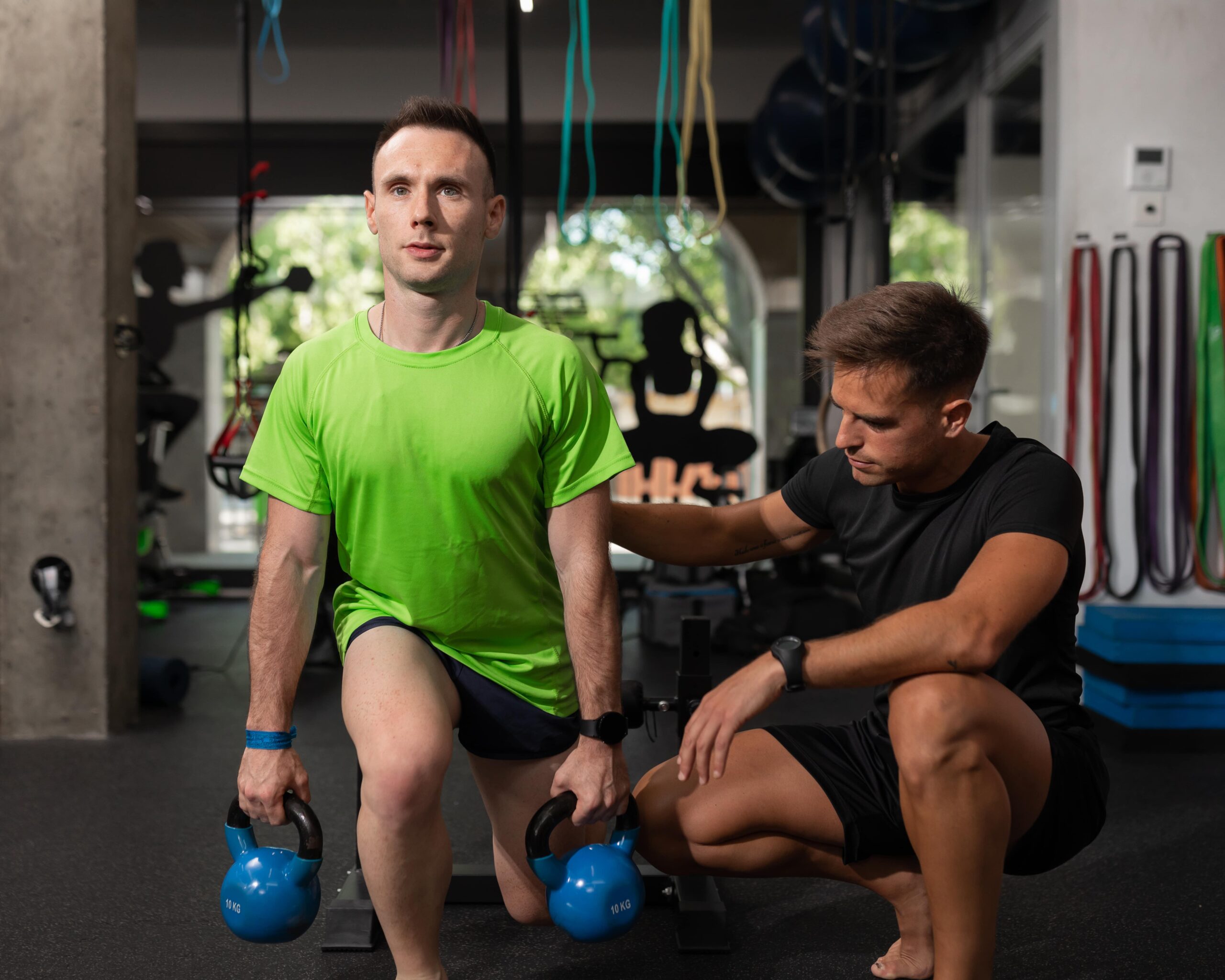
Functional Fitness: Training for Real-Life Movement
Functional fitness is more than just a fitness trend—it’s a purposeful approach to exercise that prepares your body for real-life movements. Unlike traditional workouts that isolate specific muscles, functional fitness focuses on full-body movements that mimic the actions you perform in your daily routine. From lifting and bending to reaching and twisting, this method of training is designed to improve the way you move, work, and live.
Understanding the Core of Functional Fitness
At its core, functional fitness is about training your body to perform better in everyday situations. It targets multiple muscle groups at once and builds strength, coordination, and stability. Rather than using machines that guide your movements, functional fitness often relies on free weights, bodyweight exercises, resistance bands, and balance work to develop natural motion. This improves flexibility and posture while reducing the risk of injury.
Benefits Beyond the Gym
The true value of functional fitness lies in its real-world applications. It helps you perform daily tasks with ease—whether it’s lifting groceries, playing with children, or climbing stairs. People of all ages and fitness levels benefit from this approach, especially older adults looking to maintain mobility and independence. Functional training also strengthens the core, which is essential for balance, back support, and overall movement efficiency.
Training That Adapts to Your Lifestyle
One of the greatest advantages of functional fitness is its adaptability. Whether you’re working out at home, in a gym, or outdoors, these exercises can be tailored to fit your environment and fitness level. Functional workouts require minimal equipment and can easily be integrated into your routine. Movements like squats, lunges, planks, and kettlebell exercises are simple yet effective tools for long-term fitness success.
Conclusion
Functional fitness is not about lifting the heaviest weight or running the fastest mile—it’s about moving well and living better. By focusing on the movements that matter most in everyday life, functional training builds strength, reduces injury risk, and enhances overall well-being. It’s a smart, sustainable approach to fitness that helps you stay active, agile, and capable at any stage of life.













Post Comment